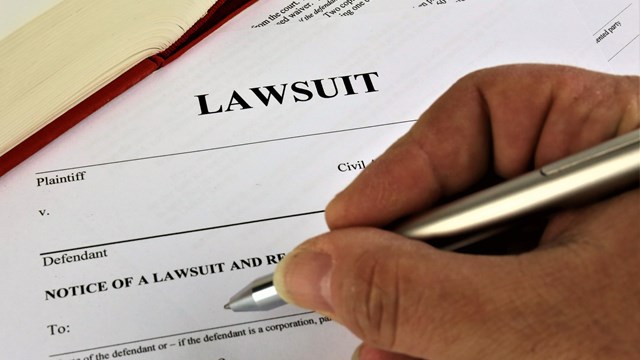
—Waiting for an Answer
“However, assuming the bylaws do require monthly ‘association meetings,’ the New Jersey Condominium Act and the New Jersey Administrative Code, both require that, ‘...all meetings of that governing board, except conference or working sessions at which no binding votes are to be taken, shall be open to attendance of all unit owners.’ Thus, it is clear that if, under the association’s bylaws, the association is required to have monthly meetings, the meetings must be conducted regularly. Also, if those meetings are scheduled, they must be properly noticed to all homeowners in accordance with the Condominium Act and Administrative Code.
“However, there may be reasons that the meetings are canceled or not conducted. For example, if the board is unable to reach a quorum, the meeting may be adjourned until a quorum of board members is available. The number of board members constituting a quorum should be defined in your governing documents. There also may be other reasons that the meetings cannot be conducted.
“If the board is not conducting the meetings accordingly, there are several manners of recourse available to you. First, you may find help in gaining compliance through the New Jersey Department of Community Affairs, the state department charged with oversight of community associations. Specifically, the DCA provides advisory and technical assistance to homeowners regarding a variety of issues including rights regarding access to financial records, open public meetings and alternative dispute resolution. The Bureau of Homeowner Protection can be reached at (609) 984-7574. It should be kept in mind that you may not achieve the quickest results once the state becomes involved.
“Another method of recourse is to, as you have done, work with an attorney to address the problem. This can be done through letter writing, face to face meetings or, if necessary, litigation. The latter, while likely to be more costly than the other methods, should be the last resort. However, litigation is the most likely method to produce an enforceable and complete resolution. It should be kept in mind that a condominium association is a corporation. Thus, it is likely that you are not the only aggrieved party. If the board is not complying with the bylaws, all association members are affected.
“Rallying other association members towards the common goal of board compliance may help to spread out any legal costs associated with gaining the board’s compliance with the bylaws. If you decide to retain an attorney, either individually or as a group of homeowners, ensure that the attorney fully understands condominium law, the applicable statutes, regulations and case law in this ever-changing practice area.”






Leave a Comment